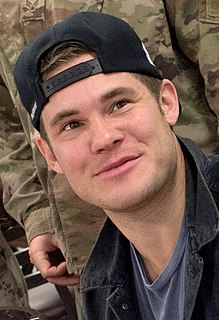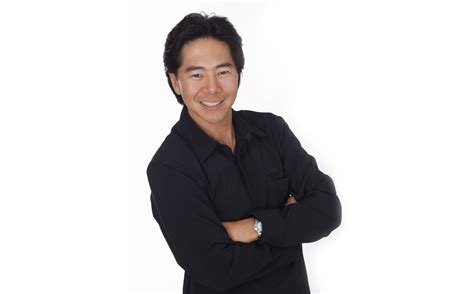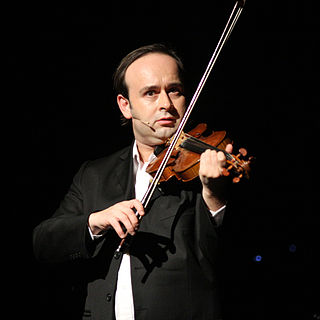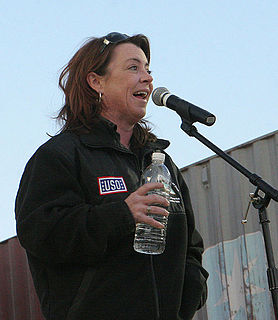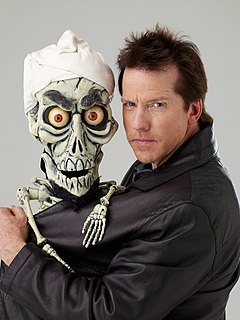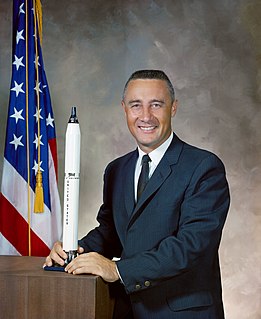A Quote by Adam DeVine
I don't really write jokes down. I tend to have a premise that I work out and test on stage.
Related Quotes
We've always dreamt of a TV series and working in film. When we first sat down to seriously write 'A Little Nightmare Music,' to write something for TV was our original inspiration. But all the stuff we were writing down is not going to work on stage. We had to rewrite it so it would work on the stage.
I'll come up with an idea for a character, and I'll write some jokes and make sure that that character is going to have some legs to it - that it's really going to work. If I can come up with jokes and material that I think will work, then I make a cheap version of the doll. Achmed started out just being this little plastic toy from the store.
Military is a great place for a jock. That's the first thing they test you, they test you physically. If you can run, if you can do the pushups, it's not as hard a transition. If you can't do that, you're going to have a problem because they're going to really work it out of you or work it into you.
